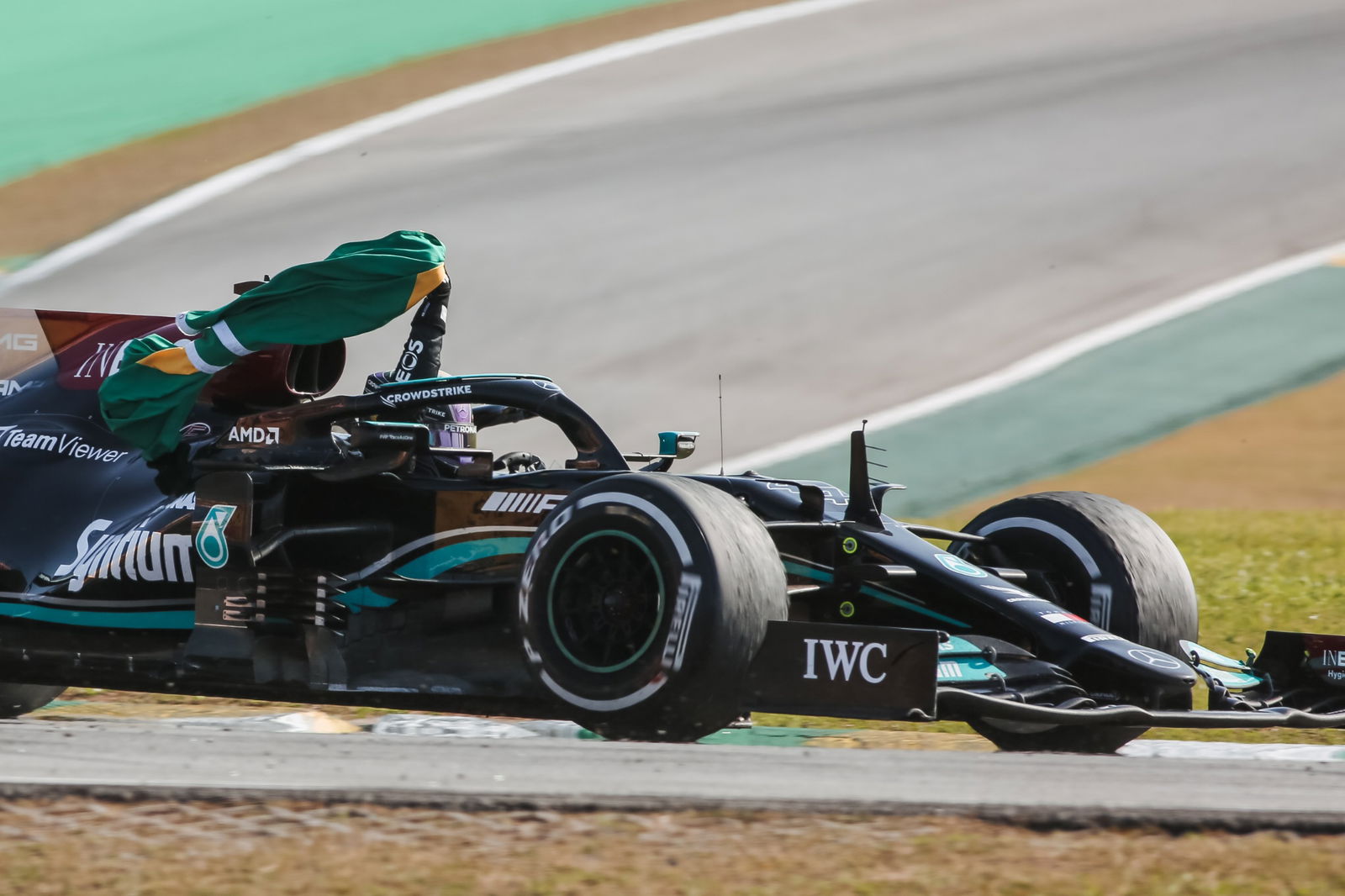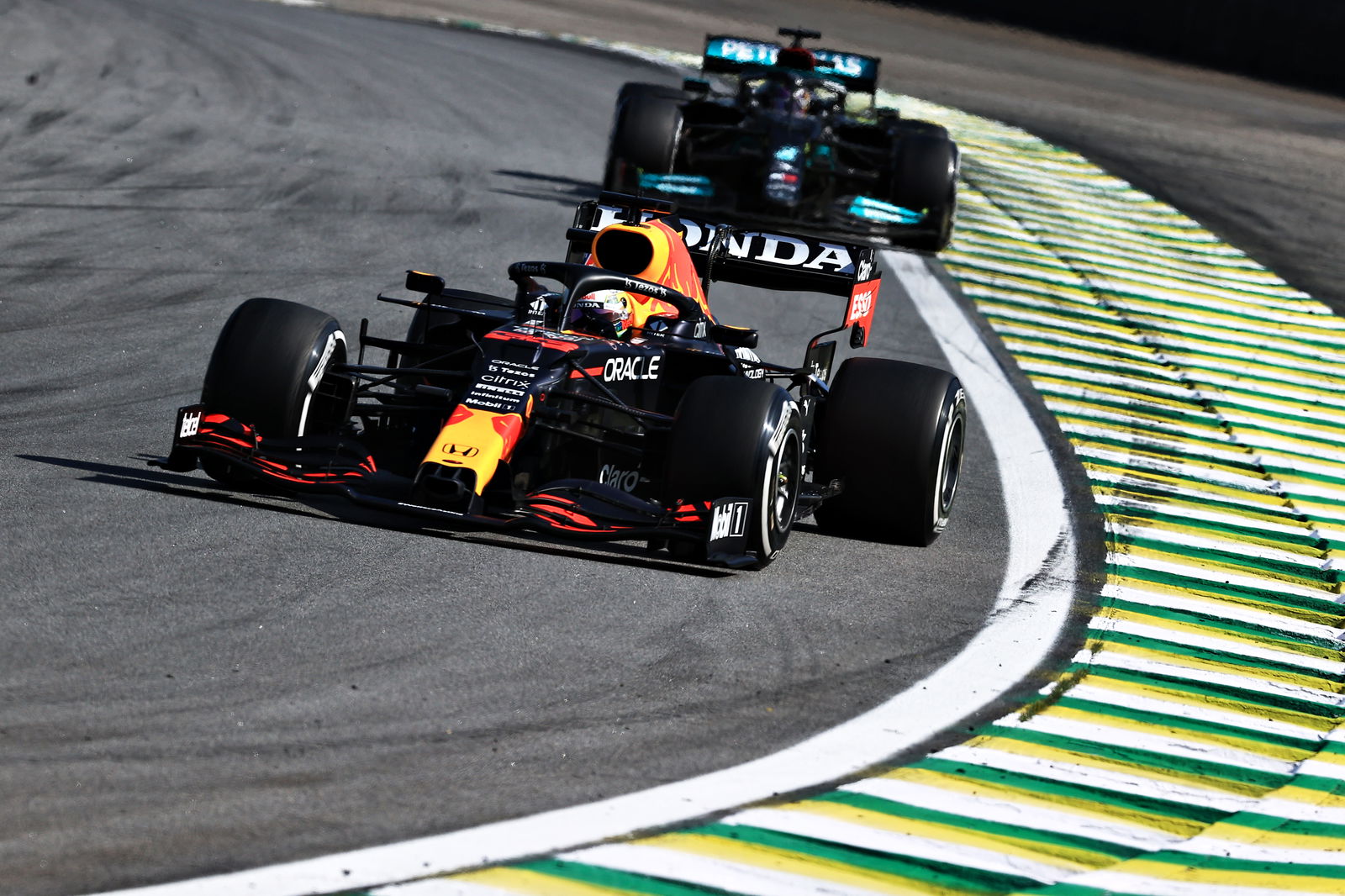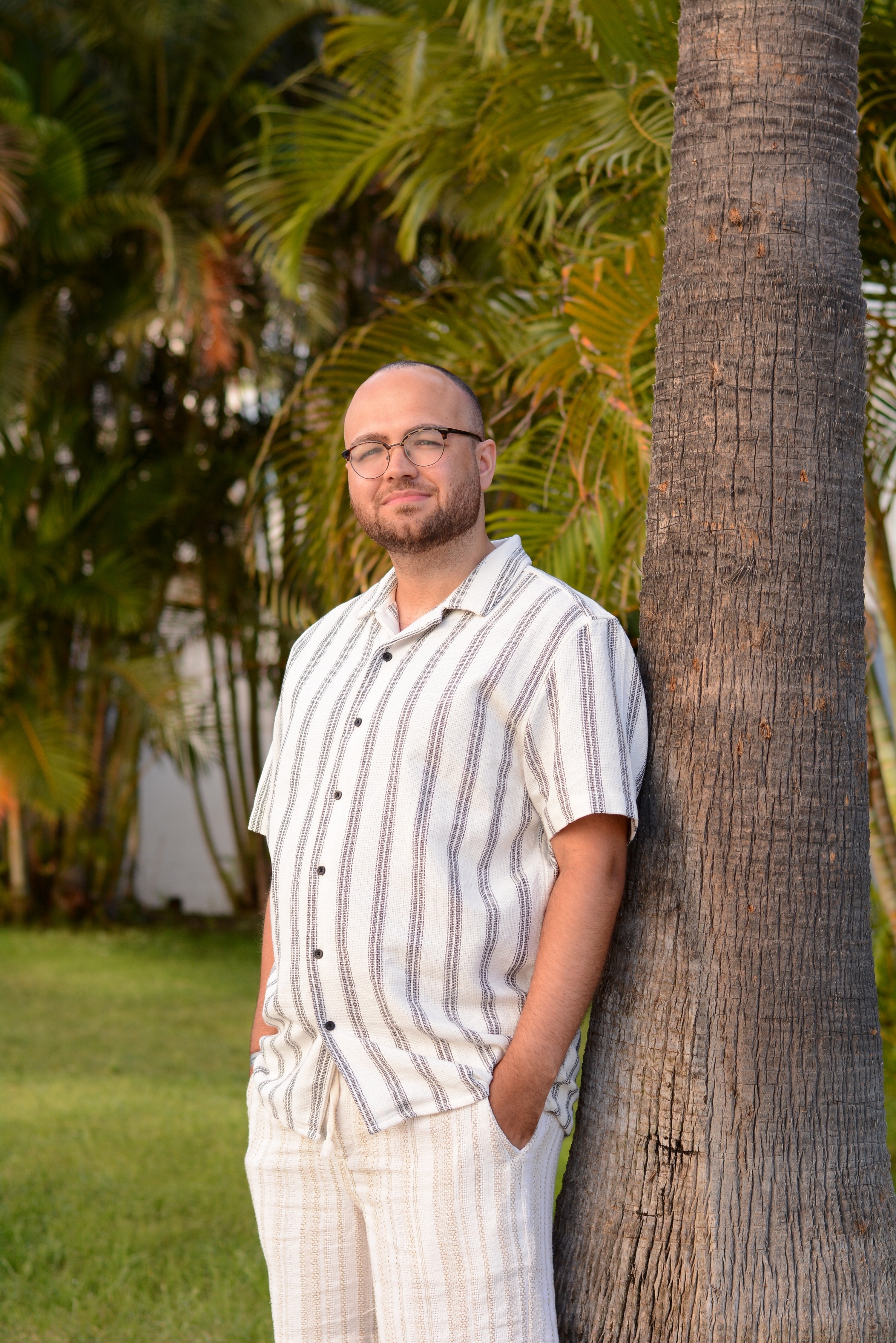Hamilton: F1 “duty-bound” to raise awareness of issues in countries it visits

F1 races in Qatar for the first time in its history as it was drafted in as a last-minute replacement for the Australian Grand Prix.
Qatar will be a permanent fixture on the F1 calendar from 2023, having signed a 10-year deal earlier in the year, while the sport heads to Saudi Arabia for the first time in two weeks.
Qatar has been heavily-criticised for its treatment of migrant workers, particularly around the building of football stadiums for the FIFA World Cup in 2022.
Similarly, Saudi Arabia has had its own issues with women’s rights, while F1 has visited Bahrain, Turkey and China regularly since the mid-2000s - all countries that have had their own scrutiny in recent years.
Speaking ahead of this weekend's race, the seven-time world champion says it is important that sports like F1 do their bit to raise awareness.
“I think it’s a difficult one to speak on,” he said. “I mean ultimately us drivers, it’s not our choice where we get to go and race. I do feel that we are aware there are issues in these places that we are going to as there are around the world but of course it seems to be deemed one of the worst in this part of the world.
“I do think as sports go to these places they are duty-bound to raise awareness for these issues and these places need scrutiny. It needs the media to speak about these things. Equal rights is a serious issue.
“However, I am aware in this place they are trying to make steps and they can’t make change overnight. I heard things like… there’s a new reform with the kafala system that was in place a couple of years ago but there’s still a long way to go. I just feel like if we are coming to these places we need to be raising the profile of the situation.”
Hamilton admitted that he wished more sportsmen and women would speak out on it.
“I do, I do, one person can only make a certain amount of difference but together, collectively, we can have a bigger impact,” he added. “Do I wish more sportsmen and women spoke out on these issues? Yes. But the fact is… Also it’s education. It takes time to go out and learn more about a region that’s foreign to us.
“We’re not from these areas, it’s incredibly complex on the ground in these places with religion and there’s so many complexities that it’s difficult to even understand them all. I think what’s important is that we still try to bring awareness to some of these problems and whilst there are some changes that have been made over time, it’s never enough.
“More needs to be done. I just know as a sport we’ve, and I’ve been to a lot of these countries, and have been ignorant, been unconscious to some of the problems that have been in some of the places, so it’s down to whether you decide to educate yourself and hold the sport more accountable and make sure the sport is actually doing something about it when it goes to those places.
“So that’s why I’ve tried to kind of raise my voice but there’s far brighter people who are knowledgeable on these issues that are actually trying to fight them in the background. But I still think we can still bring a spotlight to it and create that scrutiny and that pressure that can hopefully lead to change.”


